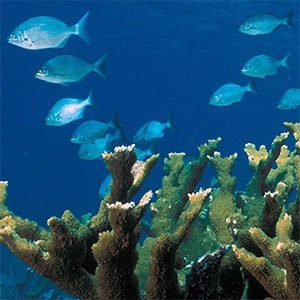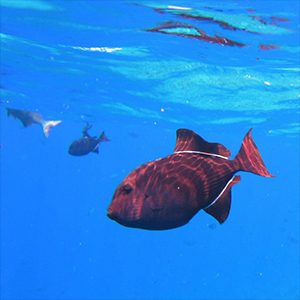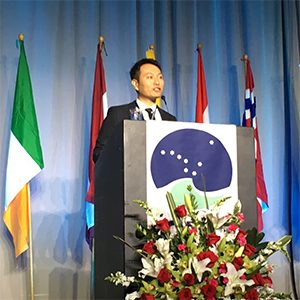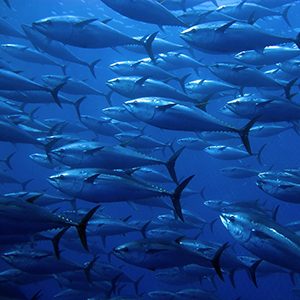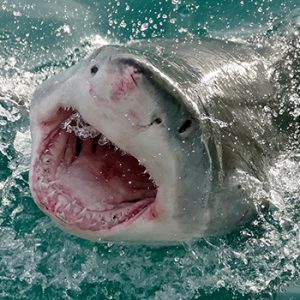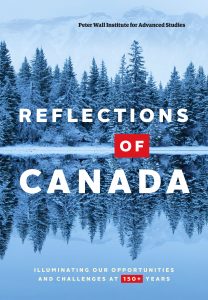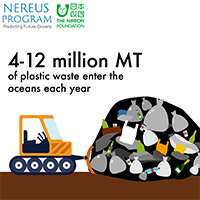Climate change has fish moving faster than regulations can keep up
Researchers say out-of-date regulatory system hasn’t kept up with the realities of global warming
Climate change to cause dramatic drop in Persian Gulf biodiversity and fisheries catch potential
Among the eight countries that comprise the Gulf, the UAE is expected to perform the worst, with a projected loss of 45 per cent of its catch potential.
Reefs help protect vulnerable Caribbean fish from climate change
Researchers predicted that changes in fish community could be reduced by 30 to 80 per cent with a doubling of reef area.
William Cheung wins Academic of the Year Award
Bestowed by CUFA BC, this award recognizes a specific and recent outstanding contribution to the community beyond the academic.
Some marine species more vulnerable to climate change than others
Species most at-risk include the Eastern Australian salmon, yellowbar angelfish, toli shad, sohal surgeonfish and spotted grouper.
William Cheung receives the ICES Prix d’ Excellence Award
The Prix d’Excellence is awarded every three years in recognition of the highest level of achievement in marine sciences.
Warmer waters from climate change will leave fish shrinking, gasping for air
Fish are expected to shrink in size by 20 to 30% if ocean temperatures continue to climb
Climate change jaw dropper: Great white shark could one day prowl B.C. waters
If ocean temperatures continue to climb, you’re going to need a bigger boat.
For Canada’s 150th anniversary, fisheries scientists want concrete action
In an essay in the new book, REFLECTIONS OF CANADA, fisheries scientists Daniel Pauly, Rashid Sumaila and William Cheung mark a roadmap of what can be done to rebuild Canada’s fish stocks.
A healthy ocean will benefit global sustainable development
Restored ocean will alleviate poverty, provide jobs, and improve global health, finds new Nippon Foundation-UBC Nereus Program report


